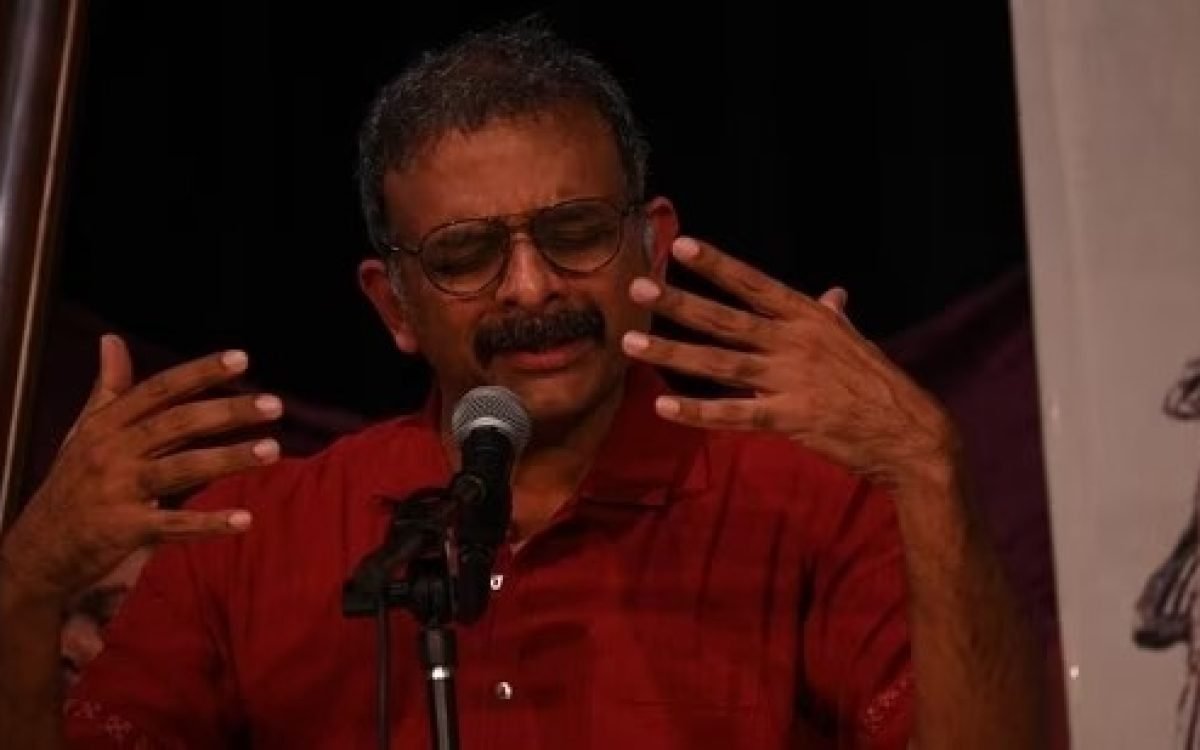The recent awarding of the prestigious Sangita Kalanidhi 2024 to Carnatic musician Thodur Madabusi Krishna, popularly known as TM Krishna, by the Music Academy, Chennai, has sparked controversy within the Carnatic music community. While the academy praised Krishna for his powerful voice, adherence to tradition, and using music as a tool for social reform, the decision has led to backlash and condemnation from certain quarters of the Carnatic circle, with some musicians even withdrawing from the December music season.
To delve deeper into this issue, it’s essential to understand who TM Krishna is and the nature of his activism. Krishna is not just a renowned Carnatic musician but also an activist, writer, and Ramon Magsaysay awardee. Trained in Carnatic music since childhood, he has gained acclaim for his exceptional talent and dedication to the art form.
However, what sets Krishna apart is his outspoken activism against caste discrimination and favoritism within the Carnatic music system. He has been vocal about the non-inclusive nature of the system, which often sidelines non-Brahmin musicians and certain art forms. This activism led him to boycott the popular Chennai Music Season, opting instead to organize alternative festivals focused on using art as a means to heal social divisions.
Krishna’s festivals, such as the Uroor-Olcott Kuppam Marghazi Vizha and Svanubhava, aimed to provide access to diverse art forms and challenge the status quo of the Carnatic music establishment. Moreover, his staunch advocacy for Dravidian values and his tribute to social reformer EV Ramaswamy ‘Periyar’ through song further solidify his commitment to social justice and equality.
The controversy surrounding Krishna’s Sangita Kalanidhi award underscores deeper tensions within the Carnatic music community regarding inclusivity, tradition, and social reform. While some laud Krishna’s efforts to challenge the status quo and promote diversity, others criticize his approach as divisive or disruptive to longstanding traditions.
As the debate rages on, it raises fundamental questions about the role of tradition, caste dynamics, and social activism within the realm of Carnatic music. While Krishna’s recognition highlights the evolving landscape of the art form, it also prompts reflection on the need for inclusivity, dialogue, and respect for diverse perspectives within the Carnatic music community.









